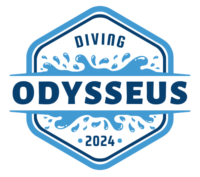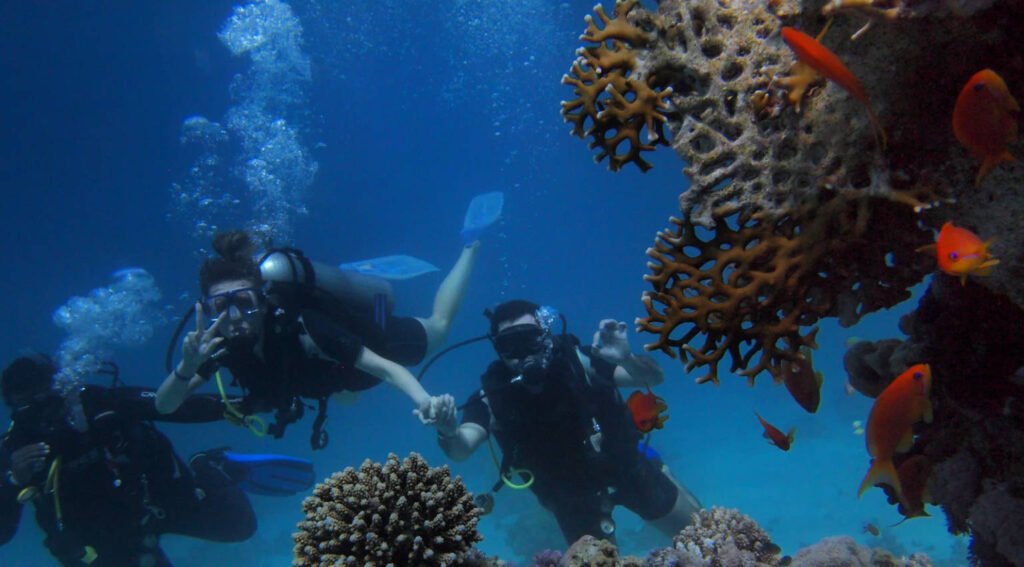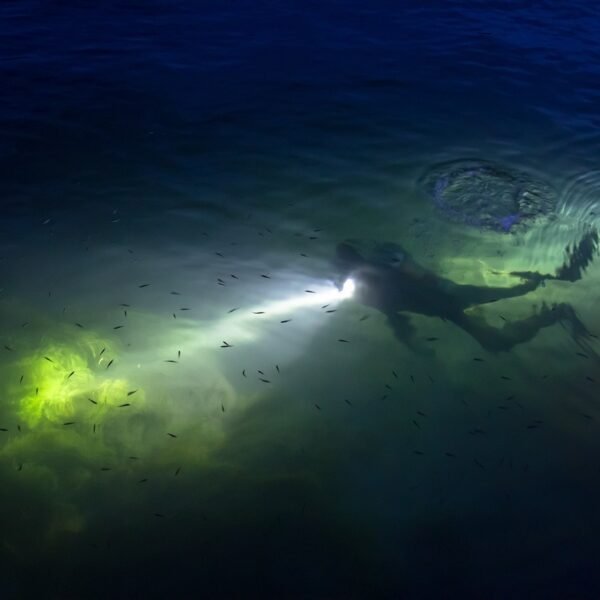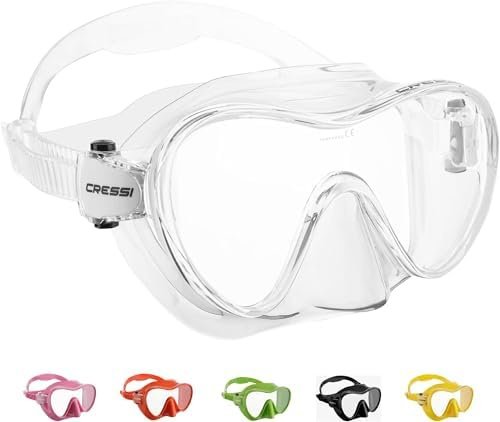Diving is an exhilarating experience that reveals a whole new world beneath the waves. For beginners, however, the journey into this underwater realm starts with proper training. Knowing how to choose the best diving training for beginners can be overwhelming, given the numerous options available. In this guide, we’ll explore essential tips and considerations to help you make the right choice for your diving training journey.
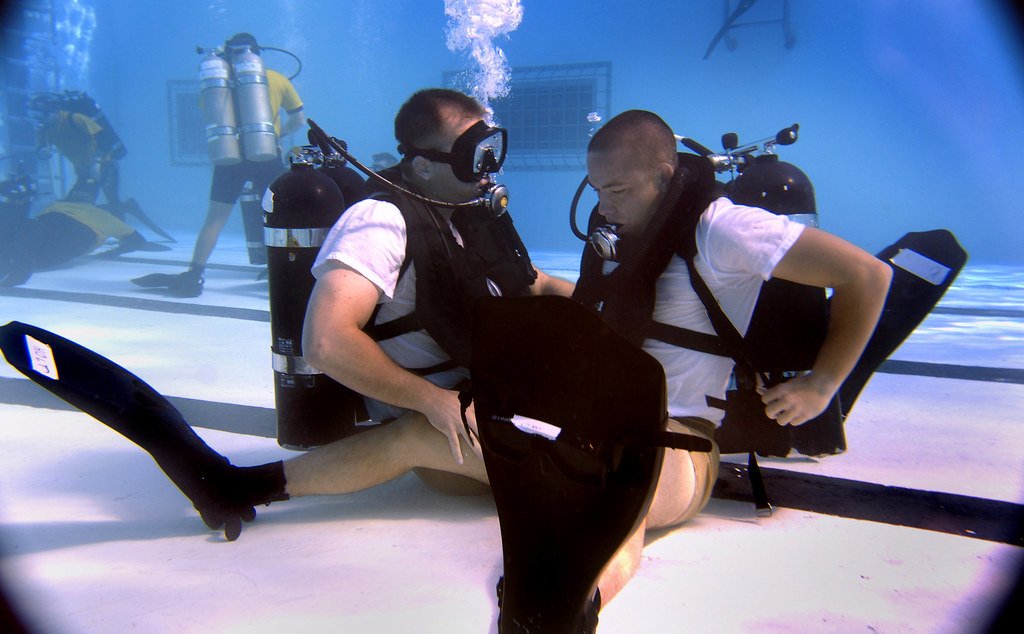
Why Proper Diving Training Matters
Before diving into the selection process, it’s important to understand why proper training is crucial:
- Safety: Diving can be risky, and inadequate training increases the chances of accidents. Proper instruction equips you with the knowledge and skills needed to dive safely.
- Confidence: Quality training builds your confidence as a diver. Understanding how to handle equipment and manage various diving situations will help you feel more secure underwater.
- Enjoyment: The right training can enhance your overall diving experience. You’ll learn how to navigate underwater environments, interact with marine life, and appreciate the beauty of the ocean.
Essential Tips on How to Choose the Best Diving Training for Beginners
Essential Tips on How to Choose the Best Diving Training for Beginners
Research Certification Agencies
The first step in selecting a diving training program is to research certification agencies. Reputable organizations, such as:
- PADI (Professional Association of Diving Instructors): PADI is one of the most recognized diving organizations in the world. They offer a range of courses from beginner to advanced levels, and their certifications are widely accepted.
- SSI (Scuba Schools International): SSI focuses on quality education and emphasizes safe diving practices. They offer a variety of training courses and often include more hands-on experience.
- NAUI (National Association of Underwater Instructors): NAUI has a long-standing reputation for promoting safety and education in diving. Their courses are thorough and often include detailed classroom sessions.
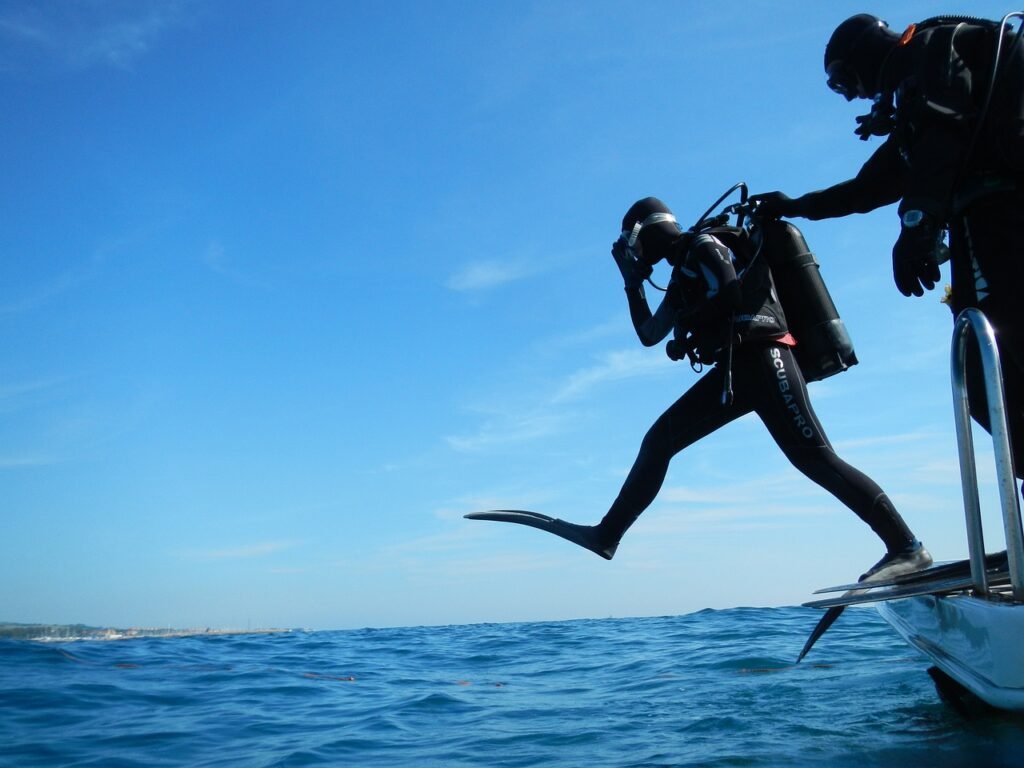
Look for courses that align with your goals and interests. For example, if you’re interested in specialized diving, check if the agency offers courses in areas like wreck diving, deep diving, or underwater photography.
Understand Course Levels
Diving training is structured in levels, starting from beginner courses to advanced certifications. Familiarize yourself with the various levels:
- Open Water Diver: This is the entry-level course that teaches you the basics of scuba diving, including equipment use, safety procedures, and underwater navigation. You’ll typically spend a few days in the classroom and a few more in the water practicing essential skills.
- Advanced Open Water Diver: This course allows you to expand your skills by exploring various diving specialties like night diving, wreck diving, and deep diving. It usually involves completing a series of dives, each focusing on a different specialty, which enhances your overall diving experience.
- Rescue Diver: This level focuses on emergency management and rescue techniques, enhancing your safety awareness and preparedness. You’ll learn how to handle diving emergencies and assist other divers, making you a more competent and responsible diver.
Understanding these levels will help you choose a training program that not only suits your current skill level but also prepares you for future diving adventures.
Evaluate Instructors’ Credentials
The quality of your training largely depends on the instructors. Consider the following when evaluating instructors:
- Certifications: Ensure your instructor holds relevant certifications from reputable agencies. A certified instructor should have completed extensive training themselves and should be knowledgeable about diving theory and practice.
- Experience: Look for instructors with substantial diving experience, particularly in the type of environment where you’ll be training (e.g., ocean, lakes, or quarries). An experienced instructor will be better equipped to handle various situations that may arise during training.
- Teaching Style: Different instructors have different teaching styles. Some may emphasize practical skills, while others focus on theoretical knowledge. Read reviews and testimonials to find an instructor whose teaching approach aligns with your learning style. You can often find this information on diving school websites or diving community forums.
Consider Location and Environment
The training location can greatly influence your experience. Here are some factors to consider:
- Accessibility: Choose a training facility that is convenient for you, whether it’s close to home or a desirable vacation destination. If you’re traveling for training, consider the proximity to dive sites and accommodations.
- Water Conditions: The environment in which you’ll be training matters. Consider the water temperature, visibility, and marine life in the area. Some beginners may prefer calm, shallow waters, while others might be ready for more challenging conditions. Training in varied environments can enhance your adaptability as a diver.
- Dive Sites: Research the dive sites where the training will take place. Beautiful, vibrant marine environments can enhance your learning experience. Check if the training program includes dives at popular sites, which can provide both excitement and valuable learning opportunities.
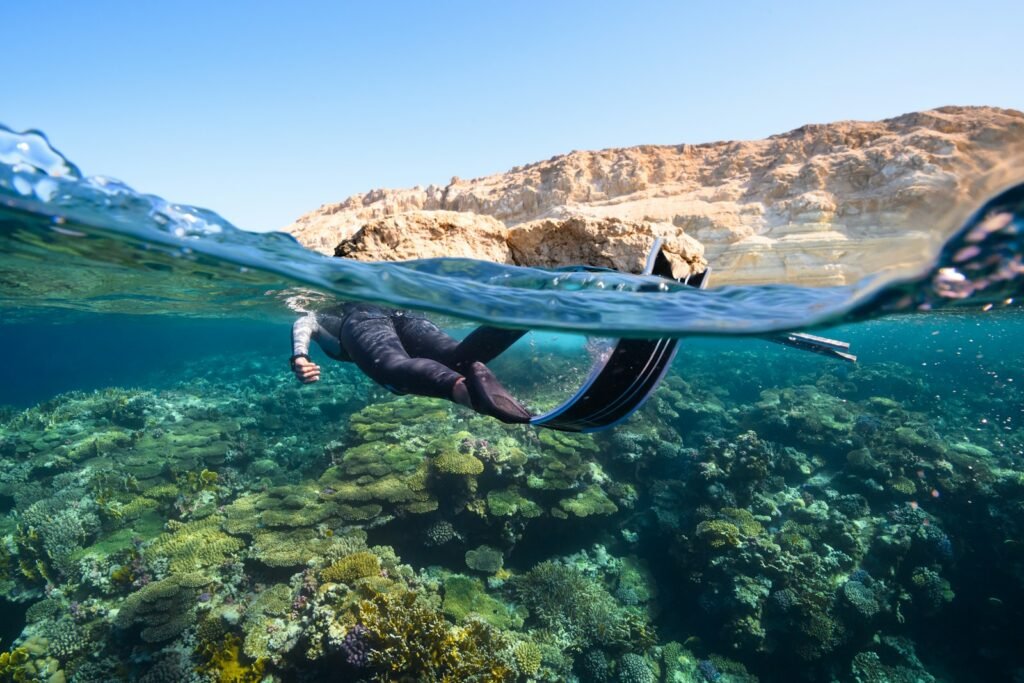
Review Training Materials and Equipment
Quality training programs provide comprehensive materials and equipment. Look for:
- Study Materials: Ensure that the program includes access to study guides, videos, and online resources to help you grasp diving concepts. Comprehensive materials will enhance your understanding and retention of key information.
- Equipment: Check if the training program provides rental equipment. If you have personal gear, confirm that it meets safety standards. Using high-quality equipment during training will give you a better feel for what to expect during actual dives.
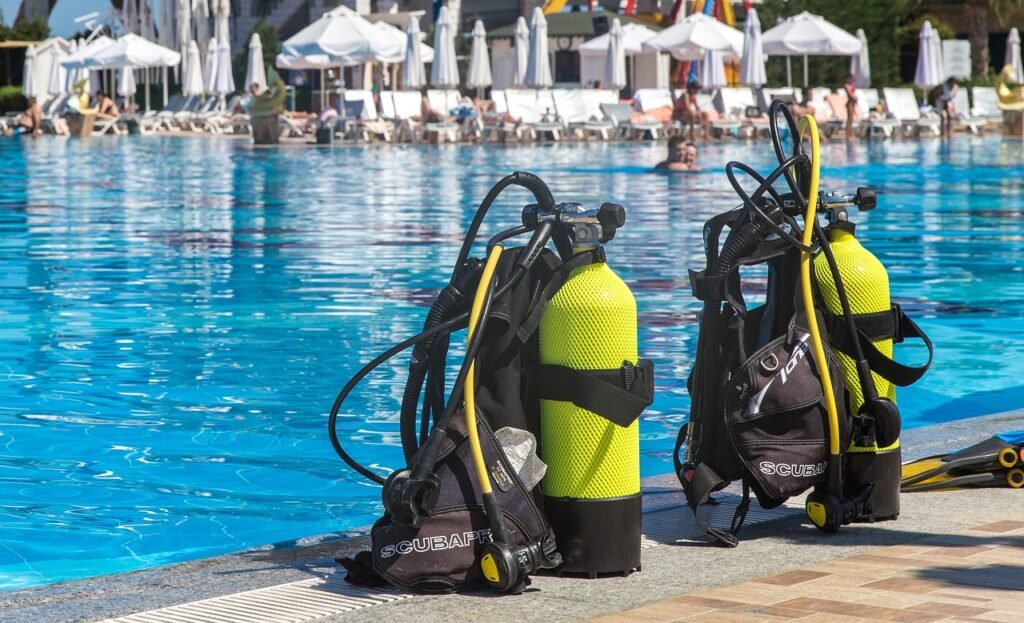
Assess Class Size and Student-to-Instructor Ratio
The size of the class can impact your learning experience. Smaller class sizes typically allow for more personalized instruction and attention. Ask about the student-to-instructor ratio to ensure you receive adequate guidance during your training. A lower ratio means that you will get more one-on-one time with your instructor, which can be invaluable for mastering skills.
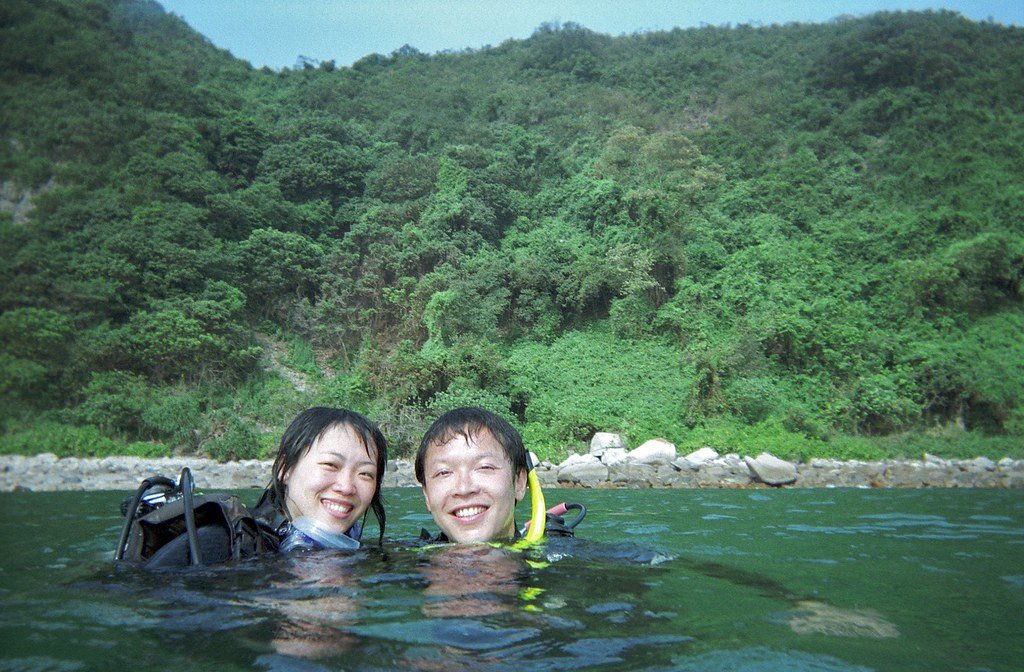
Look for Flexible Scheduling
Choose a training program that offers flexible scheduling to accommodate your availability. Some courses may offer weekend or evening classes, while others may have specific timelines for completing the training. Flexibility allows you to fit diving training into your busy life without added stress.
Understand the Costs Involved
Diving training costs can vary significantly depending on the program and location. Consider the following:
- Tuition Fees: Compare the costs of different courses and what they include (e.g., materials, equipment rental). Be sure to ask if there are any hidden fees that could affect the total cost.
- Additional Expenses: Factor in additional costs such as dive insurance, gear purchases, and travel expenses if applicable. Some programs may require you to purchase certain equipment, while others may include it in the course fee.
- Payment Plans: Some training centers offer payment plans to help you manage costs. Inquire about available options to make training more financially feasible.
Seek Recommendations
Personal recommendations can be invaluable. Talk to friends, family, or fellow divers about their training experiences. Online forums and social media groups can also provide insights and reviews of different programs. Hearing about other people’s experiences can guide you to programs that have a proven track record of quality training.
Try a Discover Scuba Diving Experience
If you’re unsure about committing to a full course, consider trying a Discover Scuba Diving experience. Many dive shops offer introductory sessions where you can try diving under the supervision of a certified instructor. This experience can help you gauge your comfort level and interest in pursuing further training. It’s a low-pressure way to see if diving is right for you.
Frequently Asked Questions (FAQ)
What is the minimum age for scuba diving training?
Most certification agencies allow individuals to start training at the age of 10, but the age may vary depending on the course level. For example, PADI offers Junior Open Water Diver courses for ages 10-14, with specific guidelines for parental consent and supervision.
Do I need to be a strong swimmer to start diving training?
While you don’t need to be an expert swimmer, basic swimming skills are essential. You should be comfortable in the water and able to swim a certain distance (usually around 200 meters) as part of the training requirements. Familiarity with water safety can also benefit your overall experience.
How long does it take to complete a beginner diving course?
Beginner courses typically take between 3 to 5 days to complete, depending on the program structure and the number of dives included. Some courses offer online training options to expedite the process, allowing you to complete theoretical components at your own pace before diving into practical sessions.
Is scuba diving training expensive?
The cost of scuba diving training can vary widely based on the location, certification agency, and included materials. On average, beginner courses can range from $300 to $600, including equipment rental and certification fees. It’s essential to evaluate what’s included in the price to ensure you’re getting good value.
Can I dive without certification?
It is highly recommended to obtain certification before diving. Diving without proper training increases the risk of accidents and injuries. Certified training ensures you have the knowledge and skills necessary for safe diving. Many dive operators require proof of certification before allowing you to participate in guided dives.
Conclusion
Choosing the right diving training is a crucial step for beginners eager to explore the underwater world. By considering the tips and factors outlined in this guide, you can make an informed decision that aligns with your goals and preferences. Remember, quality training not only enhances your safety but also enriches your diving experiences.
With the right foundation, you’ll be well on your way to becoming a confident and competent diver, ready to enjoy the beauty of the ocean. Dive smart, and happy exploring!
